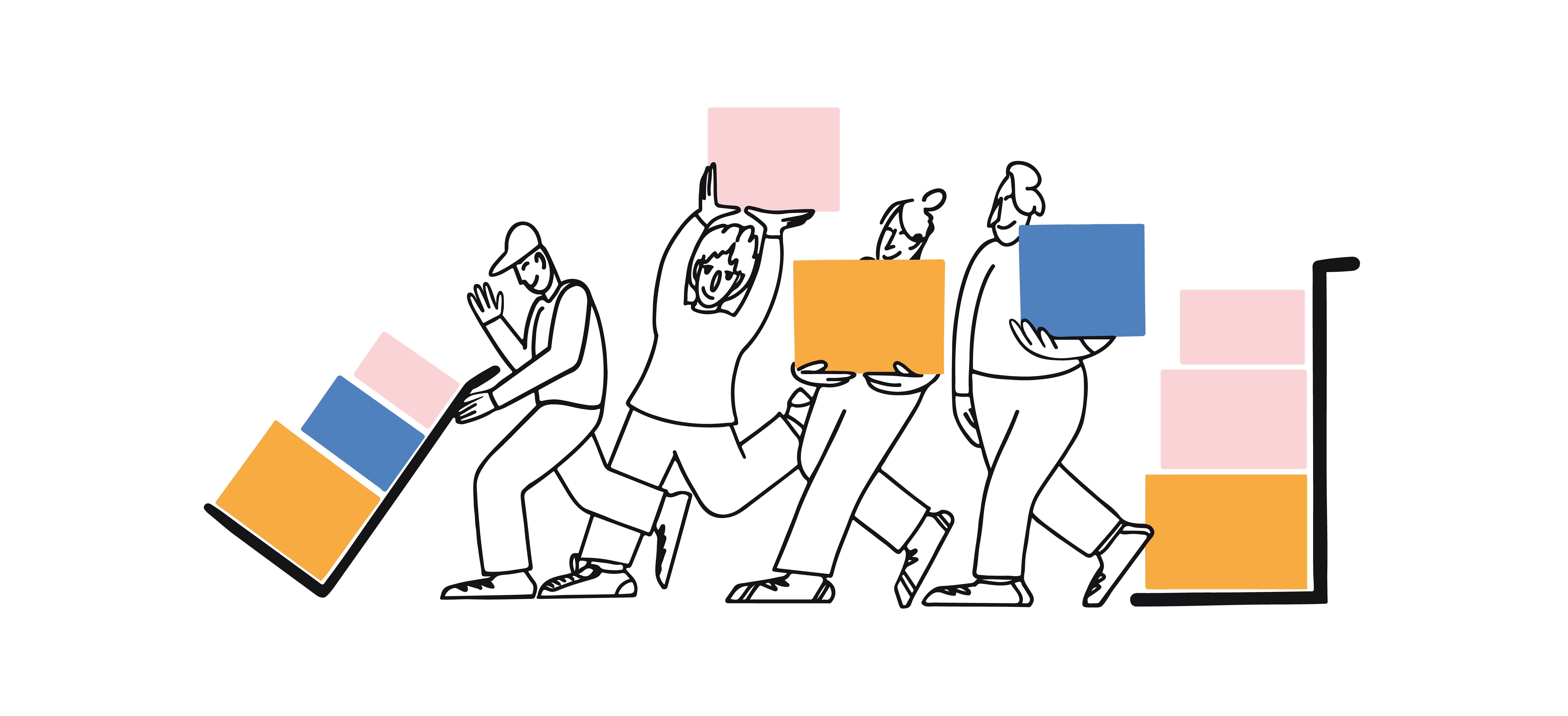

Tu Pack Ltd

Coventry, United Kingdom
July 2022
Transportation support
Service with Significant Environmental Footprint
United Kingdom
Tu Pack is a purpose-led 3rd party logistics and order fulfilment partner for eco-conscious and boutique fashion, homeware and lifestyle brands. We enable brands to maintain their identity without having to compromise on issues of sustainability, service level and cost. Whether it’s applying finishing touches to products such as monogramming, pre-packing kits and bundles, steaming or hanging garments or needing a logistics partner that can support rental and resell offerings, Tu Pack has the facilities to help. The focus areas of our sustainability journey: Closing the loop on materials Minimising our carbon emissions Being a responsible partner & employer Wherever our clients are on the sustainability journey, they can be rest assured that Tu Pack is a partner that is committed to creating a positive impact on the planet and its people. Fulfilment that cares about the planet and your brand.
Overall B Impact Score
Governance 16.1
Governance evaluates a company's overall mission, engagement around its social/environmental impact, ethics, and transparency. This section also evaluates the ability of a company to protect their mission and formally consider stakeholders in decision making through their corporate structure (e.g. benefit corporation) or corporate governing documents.
What is this? A company with an Impact Business Model is intentionally designed to create a specific positive outcome for one of its stakeholders - such as workers, community, environment, or customers.
Workers 21.6
Workers evaluates a company’s contributions to its employees’ financial security, health & safety, wellness, career development, and engagement & satisfaction. In addition, this section recognizes business models designed to benefit workers, such as companies that are at least 40% owned by non-executive employees and those that have workforce development programs to support individuals with barriers to employment.
Community 17.2
Community evaluates a company’s engagement with and impact on the communities in which it operates, hires from, and sources from. Topics include diversity, equity & inclusion, economic impact, civic engagement, charitable giving, and supply chain management. In addition, this section recognizes business models that are designed to address specific community-oriented problems, such as poverty alleviation through fair trade sourcing or distribution via microenterprises, producer cooperative models, locally focused economic development, and formal charitable giving commitments.
Environment 27.8
Environment evaluates a company’s overall environmental management practices as well as its impact on the air, climate, water, land, and biodiversity. This includes the direct impact of a company’s operations and, when applicable its supply chain and distribution channels. This section also recognizes companies with environmentally innovative production processes and those that sell products or services that have a positive environmental impact. Some examples might include products and services that create renewable energy, reduce consumption or waste, conserve land or wildlife, provide less toxic alternatives to the market, or educate people about environmental problems.
Customers 2.2
Customers evaluates a company’s stewardship of its customers through the quality of its products and services, ethical marketing, data privacy and security, and feedback channels. In addition, this section recognizes products or services that are designed to address a particular social problem for or through its customers, such as health or educational products, arts & media products, serving underserved customers/clients, and services that improve the social impact of other businesses or organizations.